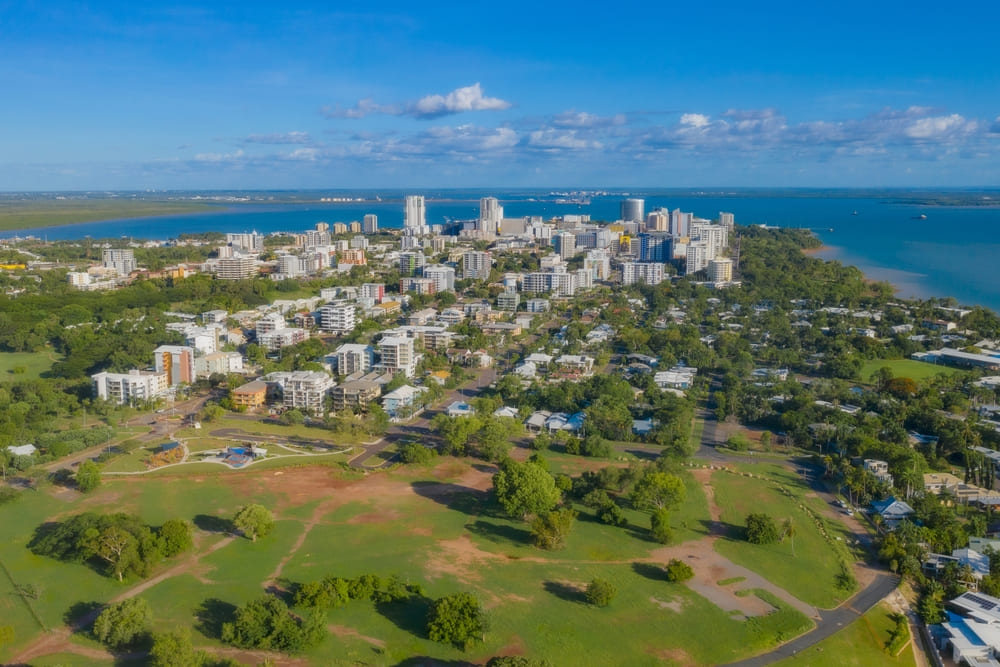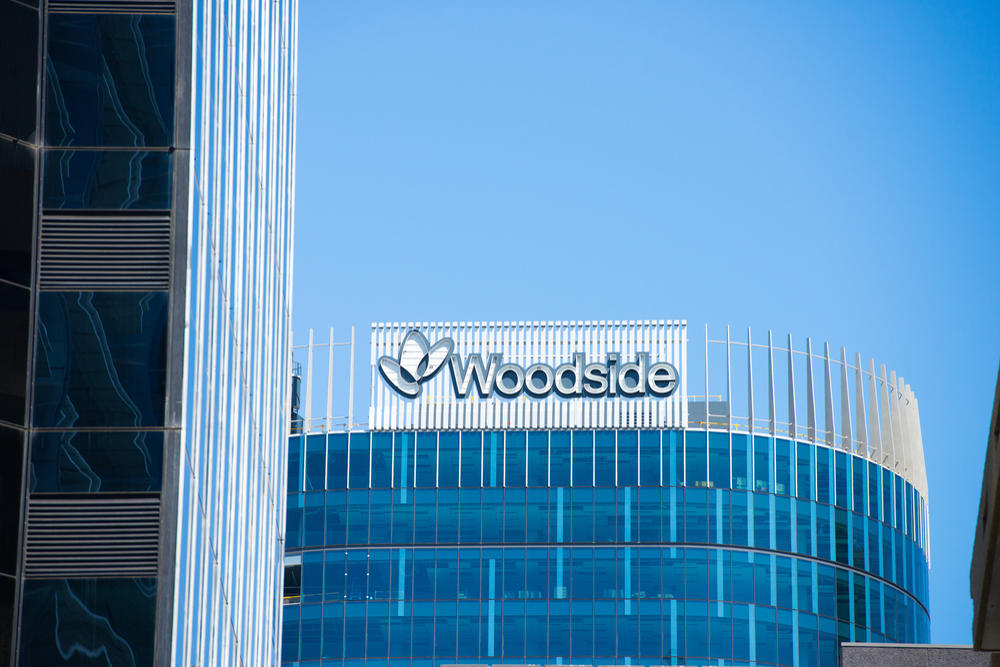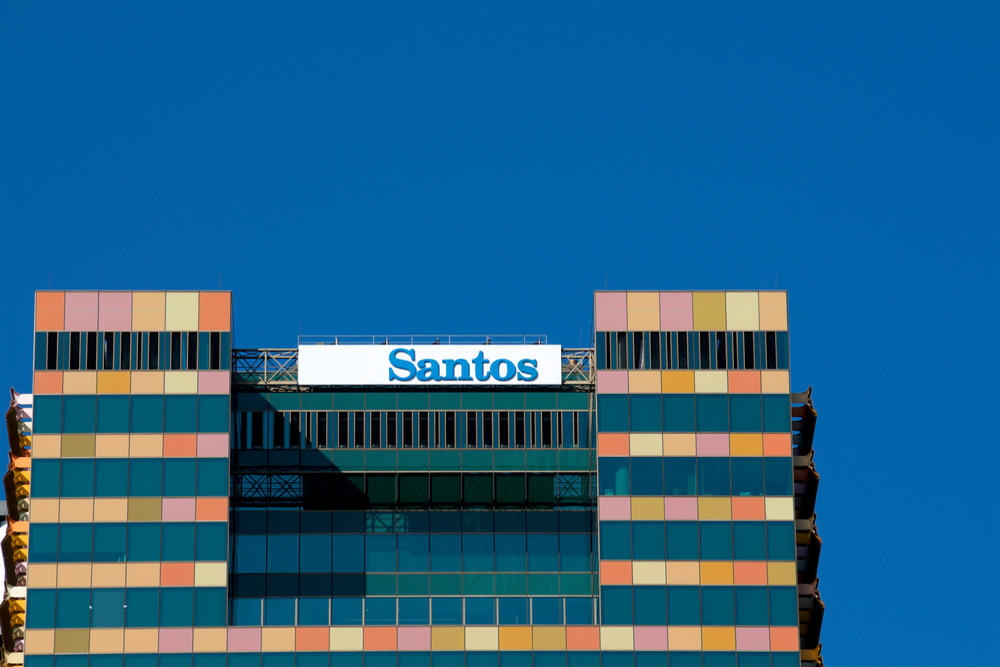
The Northern Territory government is forging ahead with an ambitious strategy to tap into the Territory’s substantial gas resources, particularly focusing on the Beetaloo Basin, all while striving to achieve net zero greenhouse gas emissions by 2050.
These plans, outlined in the NT Budget, aim to leverage the economic benefits of gas development while transitioning towards a more sustainable future.
The NT government views natural gas as a crucial transition fuel to support the shift towards renewable energy and net zero emissions.
The 2023-24 NT Budget highlights the potential for $2.9 billion worth of gas projects, including the Petrel offshore gas field development and the Beetaloo Basin onshore gas reserves.
Australian Energy Producers NT Director David Slama said: “The Budget continues to help progress the development of the extraordinary opportunity of the Beetaloo Basin and Middle Arm Sustainable Development Precinct while reinforcing the economic importance of the Barossa project.”
The Beetaloo Basin alone is estimated to contain a staggering 500 trillion cubic feet of gas, which the government hopes to utilise for domestic supply, LNG exports, and low-emission advanced manufacturing.
The NT Gas Strategy, a key component of these plans, aims to establish Darwin as a world-class gas production, manufacturing, and services hub by 2030.
However, these ambitions are not without challenges. Concerns have been raised by climate scientists regarding the compatibility of these gas projects with the NT’s goal of achieving net zero emissions by 2050.
The NT government has set interim targets for 2030, including transitioning to 50 per cent renewable energy and a 47 per cent reduction in government operations emissions.
Despite these efforts, estimates suggest that the planned expansion of the gas industry could significantly increase the NT’s annual emissions and make it difficult to reach its net zero target.
While the NT budget emphasises the economic opportunities presented by gas development, there is a need to carefully balance these ambitions with environmental goals.
“The Budget invests in the industries and projects required for the energy transformation,” said Slama.
LNG exports are also confirmed in the Budget as a major economic driver, with “gross state product forecast to grow by 2.3 per cent in the coming financial year, before accelerating to 7.1 per cent in 2025-26 as LNG exports from Barossa come online”.
The government had initially proposed a policy to regulate upstream emissions from gas production to net zero but abandoned it after industry objections citing increased costs and complexity.
While the NT budget prioritises gas development as an economic opportunity, there are significant challenges ahead in reconciling this expansion with the territory’s net zero emissions target for 2050.






